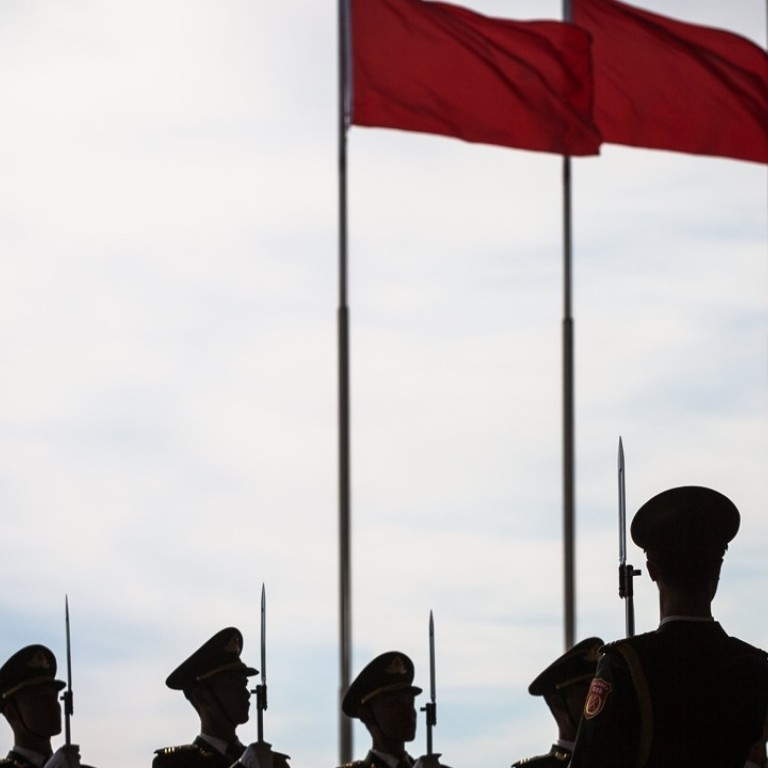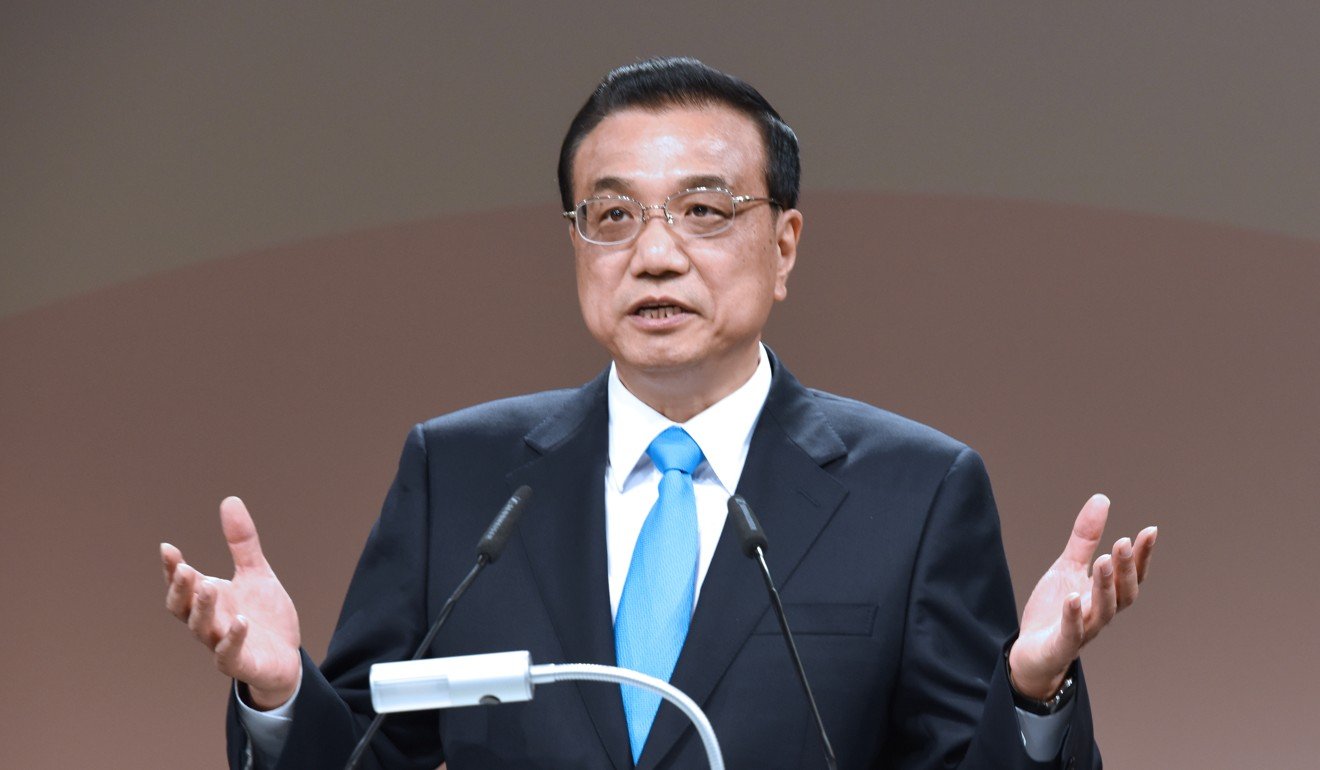
Small steps, not great leap forward key to future EU, China ties
Relationship between the two sides is still mired by European frustrations over trade issues, but measures can be taken to increase trust, writes Mathieu Duchâtel
Donald Trump’s announcement that the United States will withdraw from the Paris climate change agreement did not dominate the 19th EU-China summit that concluded last week in Brussels as expected. Some thought there would be a strongly worded declaration signalling the two sides’ shared a commitment and determination to co-lead on this major global governance issue.
The summit ended, instead, with a press release and a sober assessment by the President of the European Commission, Jean-Claude Juncker, that the EU was “happy to see that China is agreeing to our unhappiness about the American climate decision” and that the two sides would proceed with the implementation of the Paris agreement.
For the second consecutive year, an EU-China summit ended with no joint statement. Differences on trade issues may have narrowed, but insufficiently for the two sides to produce a document addressing both climate change and other aspects of their relationship. The conflict crystallises on China’s steel overproduction and the EU’s corresponding anti-dumping measures, but it is about more than steel.
In a speech that went on the offensive, EU Trade Commissioner Cecilia Malmström summarised Europe’s economic frustrations, calling for a bigger role for the market in China’s economy to “help reduce overcapacity and trade imbalances in sectors like steel, aluminium or solar panels”. She also linked to China’s unfair trade barriers the fact that “EU investment in China is at its lowest level in years while Chinese investment in the EU reaches record levels”.
Did the EU just deny China a symbolic acknowledgement the leadership role it is now seeking on climate change? Clearly, despite a changing international environment providing a positive momentum for co-leadership, there are more pressing issues to address from the European perspective. And there is certainly scepticism in Europe towards President Xi Jinping’s China trying to fill the vacuum left by an inward-looking America, especially as this consists – for now – of symbols and rhetoric.

Since President Xi took office, China has suddenly put more emphasis on the peace and security cooperation agenda. At the 16th EU-China summit four years ago, the two sides agreed on a “2020 agenda for strategic cooperation”, with peace and security the first of four pillars. This new priority was included in China’s 2014 white paper on the European Union under the ambitious concept of “partnership for peace”, preceding the “partnership for growth” and promising more coordination and cooperation in the conduct of international affairs.
The idea is attractive on paper and with little media attention, this agenda is actually making modest progress. At the 7th high-level dialogue on defence and security, which took place last April, the two sides agreed to step up their exchanges in the area of military security. This will develop first in the context of the two sides’ ongoing contribution to the peacekeeping mission in the African state Mali. Communication will be established between European and Chinese contingents at the command level and also at the level of ambassadors and defence attachés posted in Mali. The logic is to have communication links in place should a crisis situation occur, such as terror attacks against Chinese or European nationals, but also to share threat assessments in order to narrow perception gaps and exchange analyses and to allow for a coordinated approach when it comes to capacity-building in Mali. A similar approach is to be pursued in Somalia. The EU and China are also to exchange information to avoid duplication of effort in support of the African peace and security architecture of the African Union.
In addition, the EU and China are to build around their existing presence in anti-piracy naval missions in the Gulf of Aden. So far their exchanges have taken the modest form of timid joint exercises. In addition to symbolic naval diplomacy, which both sides conduct with most navies present in the area, there have also been joint escorts of World Food Programme shipments to Somalia.
How to expand the scope? The construction of a Chinese naval base in Djibouti makes Europe and China neighbours in that part of the world and it is evident that with greater PLA capacities will come a greater security role for China. Also addressed during the April talks was cooperation on non-combatant evacuations. The EU has had no direct role in European evacuations from crises zones, but for China it represents a one-shop stop to reach out to all member states. China has conducted 17 such evacuations since 2004, including two with the involvement of the People’s Liberation Army.
It is now certain that China will act if a crisis jeopardises the security of its nationals overseas and evacuation is the most likely response – when possible. Building on China’s changing international security posture in defence of its “overseas interests” will perhaps not upgrade EU-China relations to the level of co-leadership, but it will develop mutual trust and bring some concrete benefits for all parties in case of crises overseas.
Mathieu Duchâtel is deputy director of the Asia and China programme at the European Council on Foreign Relations
